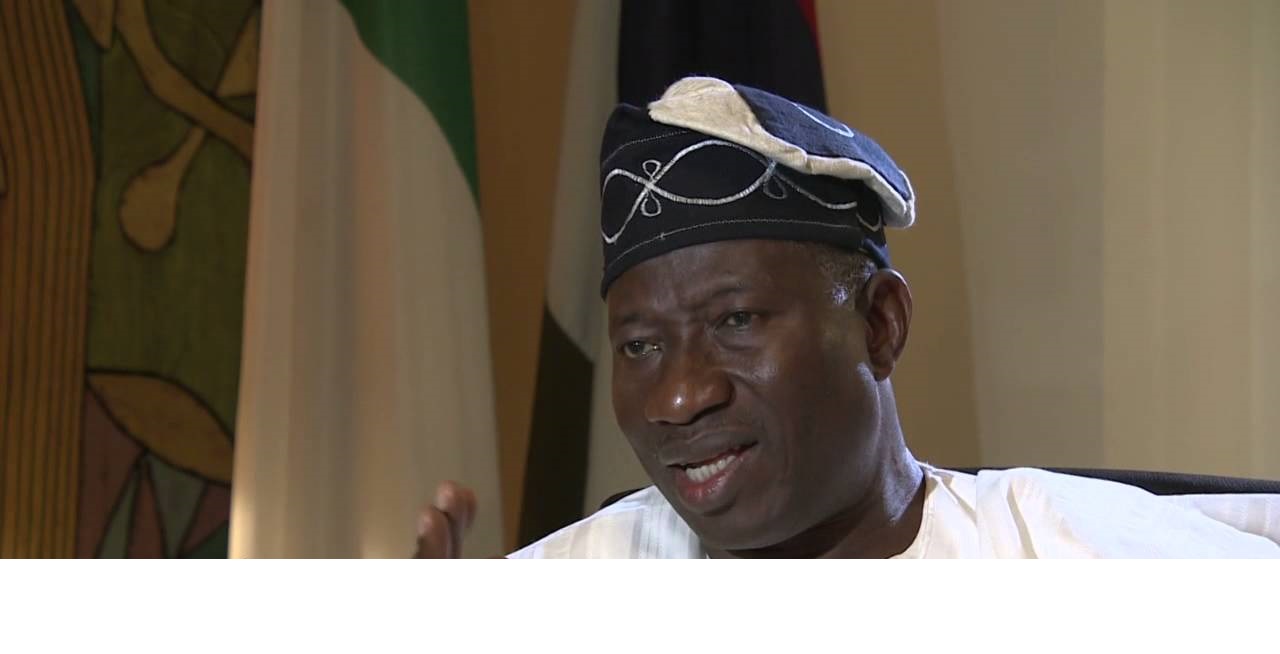If there is one event in the history of Nigeria over which most of its citizens still hold their breath, even months after its conclusion, it is the last general elections in the country, especially the presidential election. One of the reasons is that most people are yet to come to terms with the reality of the peaceful conclusion of the elections. As far back as 2010, or thereabouts, numerous doomsday predictions were aground including that Nigeria would disintegrate by 2015. As the days drew near, events, both in the political, economic and even religious spheres did little to assuage that prediction.
Aside the menace of the Islamic fundamentalist sect, Boko Haram, in the North Eastern part of the country, many other events occurred between that period and the election year to accentuate pakpable fear. It was, therefore, almost unbelievable that the elections came and went peacefully with a smooth change of government.
What, however, made the last elections more significant is that for the first time in the political history of Nigeria, a sitting President was defeated in an election in which he was a candidate. The truth is that in most countries of Africa “the power of incumbency” has largely been used often to subvert the will of the electorate. Nigeria has not been an exception until, of course, the last presidential election. This, in itself, is a point to note in favour of former President Goodluck Ebele Jonathan who, it could be recalled, made a firm promise during his campaigns that under his watch, the elections would be free and fair.
One of the most remarkable statements he made while conceding victory to Buhari was, “As I have always affirmed, nobody’s ambition is worth the blood of any Nigerian. The unity, stability and progress of our dear country are more important than anything else.”
So, in what today is being referred to as a historic move, President Jonathan conceded victory to the candidate of the All Progressives Congress (APC) General Muhammadu Buhari, hours before the results were concluded. Not a few Nigerians have, however, argued that the action had no significance as, according to them, the former President had no choice but to do what he did. I beg to disagree. Such Nigerians may have forgotten the incident of June 12, 1993, when a military president stopped the collation of election results and declared the whole exercise inconclusive, invalid.
Also such people have only to look at countries like Somalia of today, Rwanda, Southern Sudan and of course Liberia to realize the worth and character of the sacrifice made by former President Jonathan..
But, most commendably, President Jonathan chose that path of honour and conceded victory to his opponent instead of contesting the results or taking any other available option that could possibly scuttle that election. After all, it is not as if he, or indeed his party, the Peoples Democratic Party (PDP), was bereft of support from Nigerians.
In fact, the President was standing pretty at the time of the elections based on his administration’s notable achievements across various sectors of the economy. Such sectors include agriculture, where significant efforts have been made to return the country to the green days when palm oil from the East, cocoa and rubber from the West and groundnuts from the North constituted the mainstay of the nation’s economy. And transport where the hitherto comatose Nigerian Railways across the country has been fully revitalized.
Also, in spite of the poor performance of the energy sector under his watch, it is evident today that he made significant impact in that sector given the fact that there has been a significant improvement in the supply of electricity across the country while our refineries are about to commence capacity production. All these go to show that there was indeed significant groundwork under the former President, as the said improvements could not have been achieved by the incumbent government in just less than three months of assumption of office.
What would be the implication of such a war to the rest of the African continent? The first implication of course is that of refugee management. Where would 180 million people migrate? Most of Nigeria’s neighbours are poor and dependent on Nigeria for sustenance. Nigeria, the Giant of Africa, is no mean burden to be shouldered by just any country. The short and long-term impacts would be that the economy of the Continent would be adversely affected and many countries of the region would be in trouble as the economies of most of them are tied to that of Nigeria. Again, many countries of the region would face political crises since Nigeria has provided stability for them.
Overall, the implication of a war in Nigeria would be disastrous for Africa both economically and security wise. Of course, organizing a regional intervention force such as in the case of Liberia would be near impossible without perhaps assistance from the United Nations. Nigeria has always been at the lead of such interventions across Africa.
Therefore, for the fact that former President Jonathan took the bold step to save this nation, and by extension Africa continent, from what would have certainly been a disastrous consequence for the country and the continent, he deserves commendation.
Of course, the former President already has loads of both national and international commendations since he took that bold step.
The truth remains today that no matter the failings and mistakes attributed to the former President (which is natural, after all no man is flawless), that historic action will remain a legacy for him in the country’s annals. It will also remain a lesson for other leaders at whatever levels, both incumbent and upcoming, to know when to put the interest of the people, for whom they are called to serve in the first place, above selfish, partisan interests.




 Premier League
Premier League